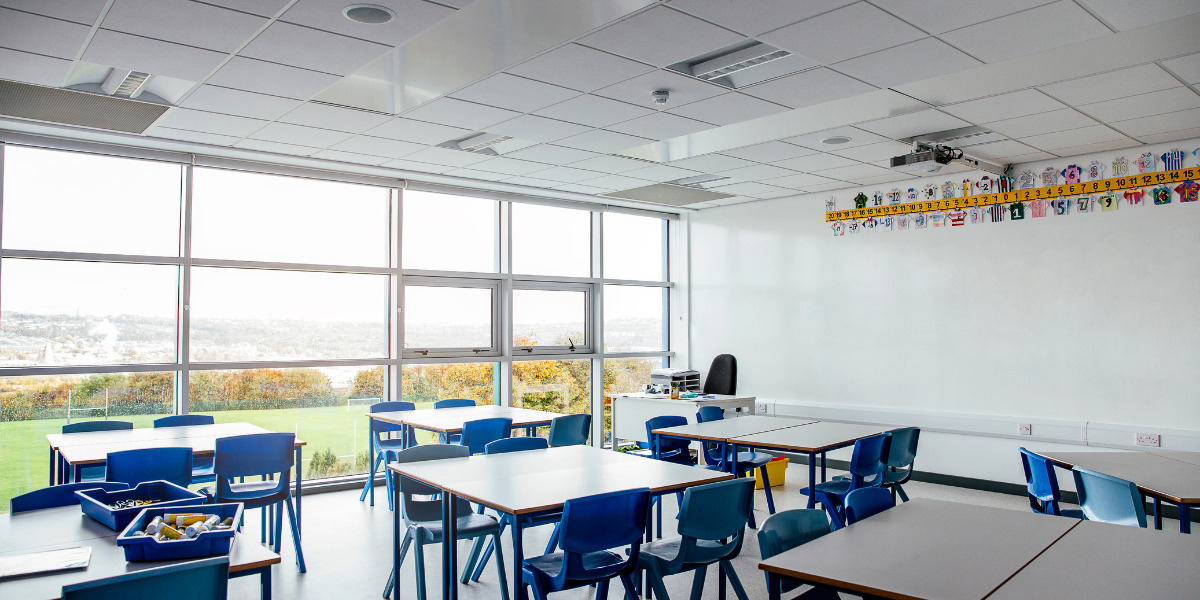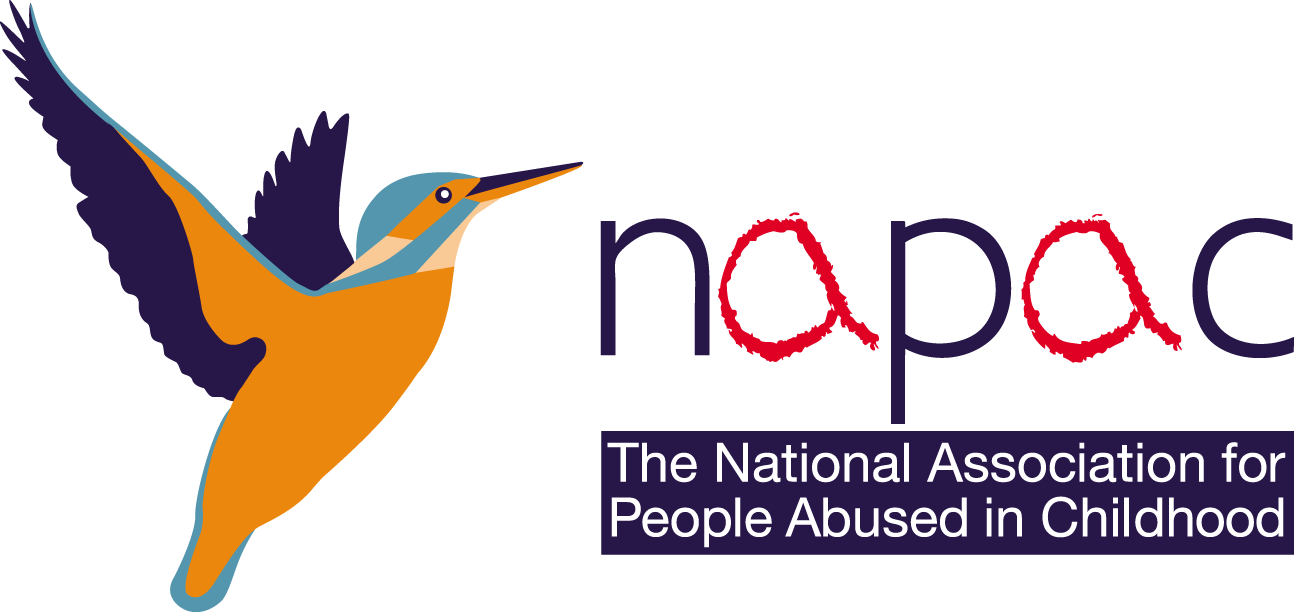
On 20th October 2022 the Independent Inquiry into Child Sexual Abuse (IICSA) will issue its final report, bringing IICSA to an end, 8 years after it was formed.
Over that period IICSA has investigated a wide range of institutions in England and Wales including the Catholic Church, the Church of England, boarding schools, care homes in locations including Nottingham and Rochdale, child sexual exploitation, and abuse allegations relating to MPs and senior civil servants. I know that many survivors have mixed feelings about IICSA – not least because some scandals have not been examined by the Inquiry at all. In its final report IICSA will set out its recommendations for reform.
IICSA cannot change the law, but it can recommend changes which the government should then implement. So what do we need to see from this report?
In order to protect children in the future, and ensure that survivors are treated fairly, we need at least three major recommendations.

Mandatory Reporting
The first and by far the most important is Mandatory Reporting along the lines of the Australian model as advocated for by the pressure group Mandate Now. In simple terms this is a requirement that in “Regulated Activities” all knowledge or reasonable suspicion of child sexual abuse must be reported to the statutory authorities. This requirement would be backed up by criminal sanction for a failure to report while also providing protection to the person reporting the concern. By “Regulated Activities” we mean organised activities involving children. So Mandatory Reporting wouldn’t apply to the population as a whole – it would apply to organised activities where children are looked after.
Most countries now have Mandatory Reporting including 86% of European nations, so England and Wales is out of step with the rest of the world in not having it. In England and Wales it remains legal, in 2022, for a teacher to know that a child has been raped, and not to report it. That is unacceptable and wrong, and urgently needs to change.
IICSA has unearthed overwhelming evidence to justify Mandatory Reporting. There are far too many cases where knowledge or suspicion of abuse has been concealed. This needs to stop, and only Mandatory Reporting can make this happen.
An important point here is that IICSA needs to recommend real Mandatory Reporting, along the lines recommended by Mandate Now, not a pretend version of it. It will be no good if IICSA recommends other reforms that don’t really amount to Mandatory Reporting and are ineffective. For example it may be tempting for IICSA to recommend a criminal offence of concealment of abuse. However this would be very difficult to prosecute and on its own would be ineffective in reality. We need something which works, and the only the well-designed Mandate Now model will achieve this.
Mandatory Reporting needs to be introduced in tandem with an overhaul of the mechanisms for oversight of safeguarding by regulated activities. We have seen throughout IICSA the inadequacies of inspection systems operated by Ofsted and other oversight bodies such as the Charities Commission. There needs to be an overhaul of regulatory systems so that the gaps which exist at the moment are properly plugged.

Removing time limits on civil claims
Secondly we need to abolish the unfair and antiquated law on time limits for civil claims, which has prevented many justified compensation claims from going forward. This is the rule that a civil claim for childhood sexual abuse should be brought within three years of the victim turning 18 – a totally unrealistic expectation given that the average time delay between abuse and a survivor’s disclosure is 22 years. Although the courts in England and Wales do have the power to set aside this three year time limit, it is completely wrong that its exists in the first place. Scotland has already (in 2017) abolished the three year time limit. So this needs to be removed in England and Wales too.

Proper redress for survivors
Thirdly, we need proper redress for survivors. Civil claims have often been a distressing and highly adversarial process. This means either that we work towards a single national redress scheme, funded by the organisations where children have suffered abuse. Or we ensure that those organisations themselves offer proper redress to try to compensate for the terrible harm caused by abuse. There are a lot of complications around this but we need to make a start, so that compensation can become easier for victims, whilst not removing the opportunity for a civil claim should the survivor wish to proceed with one.
Of course, these are not the only changes we need to see. But for survivors and those who represent them, they are probably the big three changes we need. When the final report comes out on the 20th of October, IICSA will be judged primarily on how it addresses these important issues.
Richard Scorer is Head of Abuse Law and Public Inquiries at Slater & Gordon Lawyers (UK)
